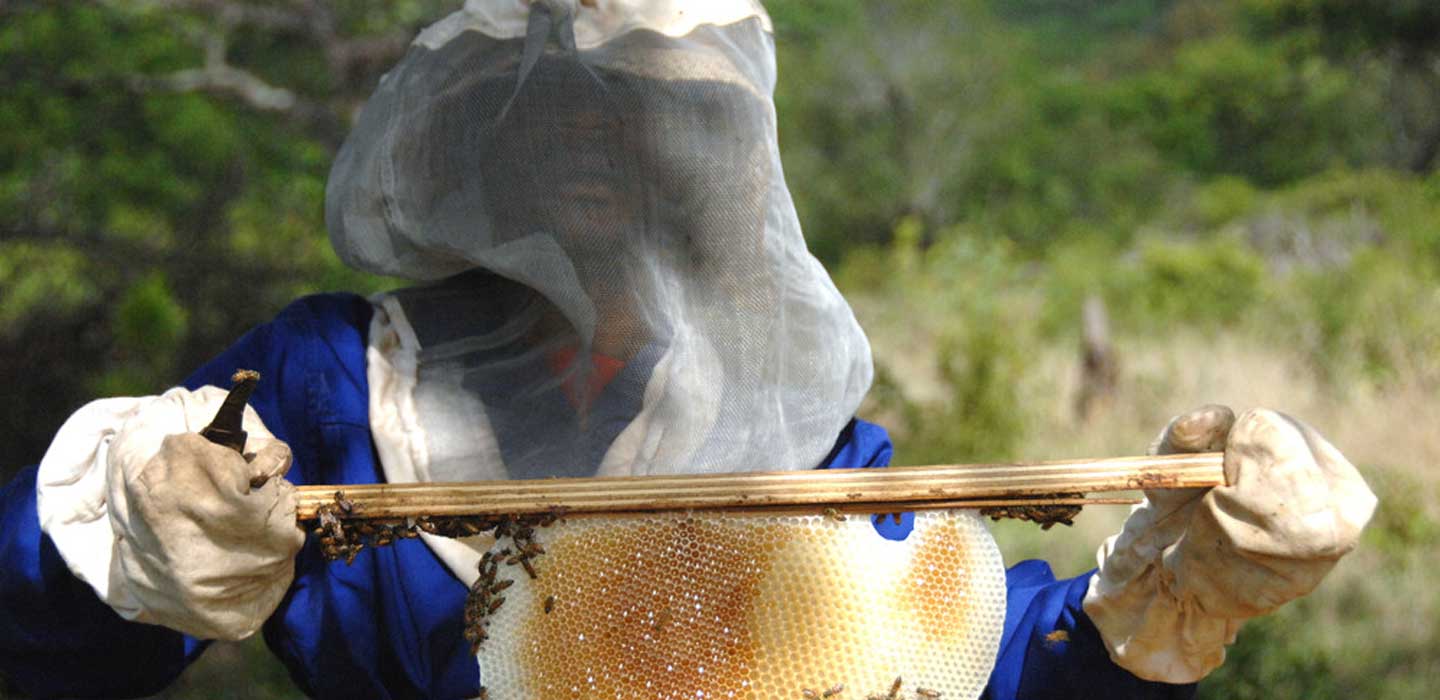IFAD-GEF–supported project in Eswatini scoops the 2020 Biodiversity Award
IFAD Asset Request Portlet
Asset Publisher
IFAD-GEF–supported project in Eswatini scoops the 2020 Biodiversity Award
15 March 2021
The IFAD- and GEF-supported Smallholder Market-led Project (SMLP-CSARL) recently received the Biodiversity Award at Eswatini’s 2020 Temvelo Climate Awards.
The Temvelo Climate Awards is an annual programme that recognizes businesses, organizations and individuals in the environmental sector who have demonstrated exceptional environmental stewardship. The Biodiversity Award is given to organizations active in Eswatini that demonstrate an exemplary commitment to conserving biodiversity through focused interventions.
The SMLP-CSARL project was recognized for successfully engaging and empowering rural communities in the conservation of biodiversity through the following initiatives:
- Sustainable forest management through the establishment of a 47-ha conservation area, home to a variety of indigenous plant and animal species, some of which are on the IUCN Red List of species threatened with extinction. The area has also been fenced off to protect it from damaging activities such as uncontrolled livestock grazing and the unsustainable use of forest materials.
- The reforestation of indigenous tree species and the use of forest resources for bee-keeping initiatives. The reforestation efforts have made significant progress towards forest recovery and regeneration. Bee-keeping, with a focus on producing different varieties of honey, has been especially popular with local communities for both its biodiversity conservation and economic benefits.
- The engagement of local chiefdoms and communities in the conservation of natural resources. To date, the project has established or strengthened 55 rangeland and natural resource management committees at chiefdom level dedicated to enhancing biodiversity conservation and land restoration efforts. Many communities are also beginning to explore ecotourism initiatives.
- The rehabilitation of five wetlands through the establishment of fenced enclosures. These enclosures have helped to avoid deforestation of the area, effectively restoring about 50 ha of land. It has also seen the return of many flora and fauna species, including grasses, rabbits, owls and other birds, and insects. Community by-laws have also been developed to control the harvesting of grasses and animal species in the wetlands.
- The ongoing rehabilitation of seven heavily degraded community sites totaling 82 ha, contributing to land restoration and the growth of various fodder and fruit tree species. Thanks to local publicity, this initiative has also raised awareness about conservation efforts among surrounding chiefdoms and communities.
- The adoption of permaculture and conservation agriculture techniques. To date, the project has trained a total of 481 farmers across the various chiefdoms, many of them women, in climate-smart agriculture practices. They have also received start-up kits for permaculture home gardens.
- The rolling out of an earth observation tool, in partnership with ICRAF, to assist Eswatini with national-level surveillance of soil and rangeland health, as well as the extent of land degradation.
The SMLP CSARL project is jointly funded by IFAD and the GEF. It aims to improve the livelihoods of 16,000 households through highly participatory chiefdom-level development planning, the establishment of infrastructure for soil and water conservation, and the promotion of market-led small-scale agriculture. The combination of the GEF’s resources and IFAD’s funding makes it possible to address critical issues such as the conservation of biodiversity, the adoption of climate adaptation and mitigation practices, and the restoration of degraded lands. The project promotes biodiversity conservation measures in line with Eswatini’s National Biodiversity Strategy and Action Plan and the Convention on Biodiversity. The key biodiversity-focused interventions include forest rehabilitation, wetland restoration, conservation agriculture, bee-keeping, agroforestry, and the use of earth observation technologies to monitor soil and ecosystem health.
For more information, please contact:
Jaana Keitaanranta
IFAD Zimbabwe and Eswatini Country Director
Lynn Kota
National Programme Director for the SMLP/CSARL
